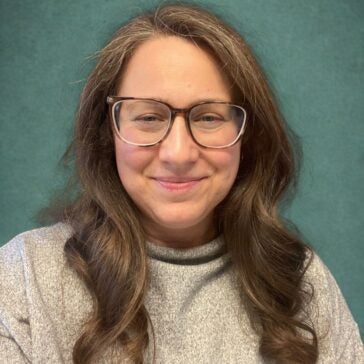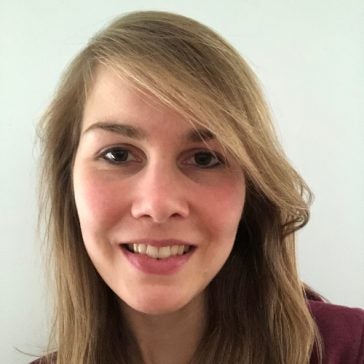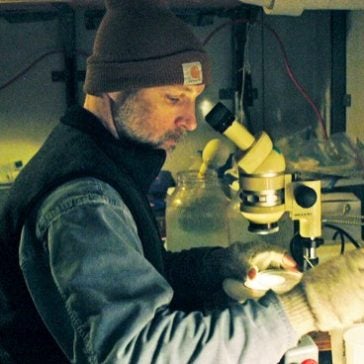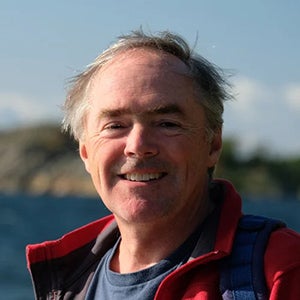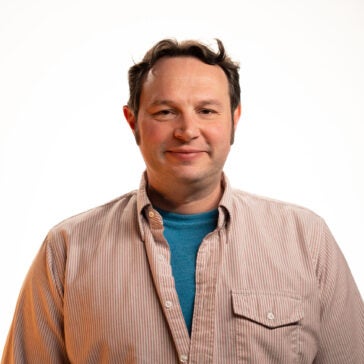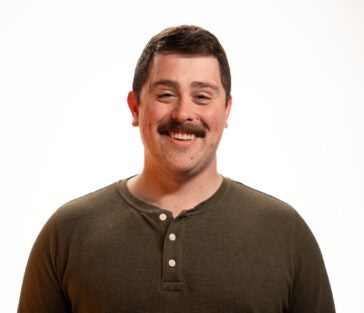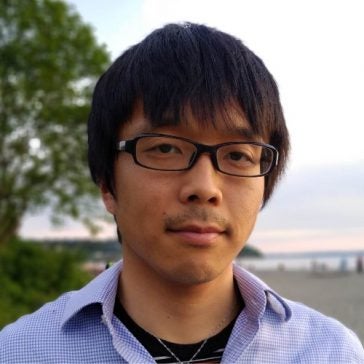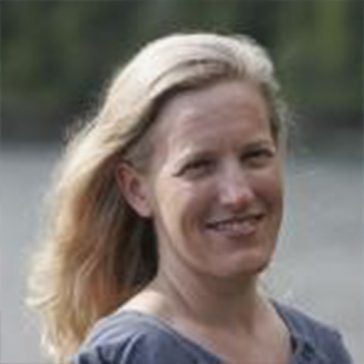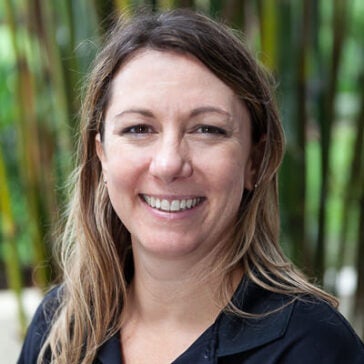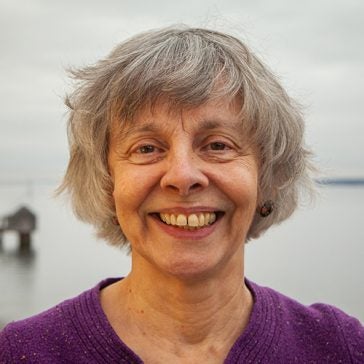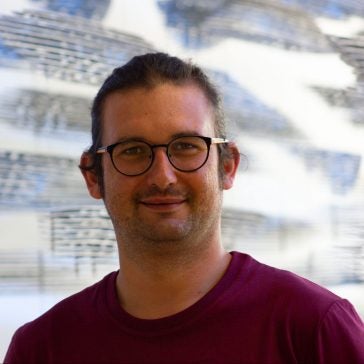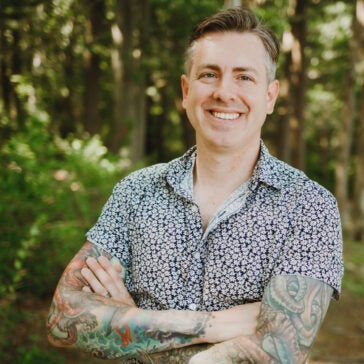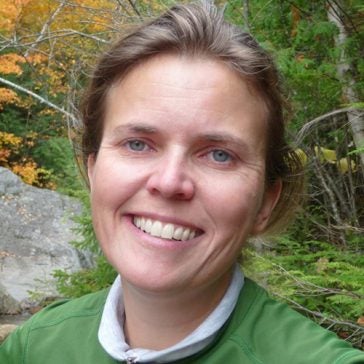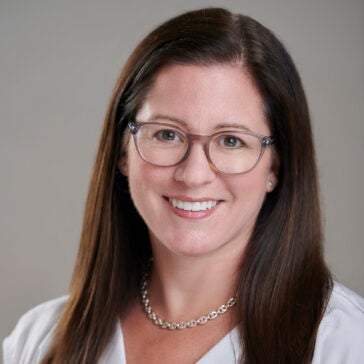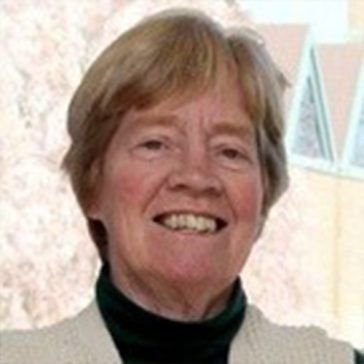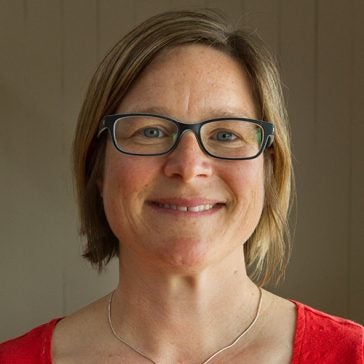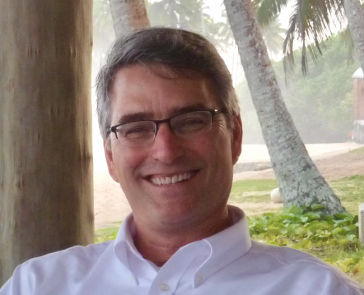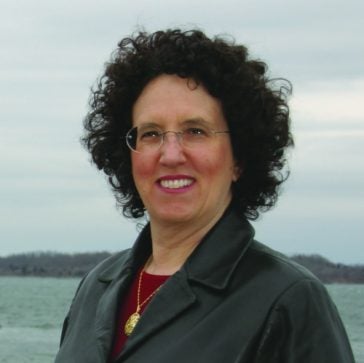Study the ocean through the lens of marine organisms and how they interact with their environment.
Biological oceanographers study the relationship between living organisms in the ocean and their environment. Our faculty and staff have expertise across specific organism groups such as microbes, phytoplankton, zooplankton, and fish, as well as the ecology of organism groups or ecosystems.
Topics
- Oceanographic Analysis, Assays & Techniques
- Deep Microbes
- Microbial & Planktonic Diversity
- Food Web Dynamics
- Data Collection & Modeling
- Monitoring & Water Quality
- Fisheries & Population Dynamics
- Science for Coastal Management
- Long Term Surveys

Research
| Name | Leaders | Themes |
|---|---|---|
| Beinart Lab | Roxanne Beinart | The Beinart Lab studies the impact of symbiotic microbes on marine ecosystems. |
| Marecotec | Andy Davies | Short for marine ecology and technology, our research focuses on the spatial ecology of marine ecosystems, primarily reefs. |
| Quantitative Microbiology Group | Keisuke Inomura | We develop a quantitative model of microbial cells (Cell Flux Model: CFM) and use it to explain biological, ecological and biogeochemical phenomenon. |
| Ocean Ecogeochemistry | Kelton Mcmahon | Our research examines the roles that food web architecture play in the function and resilience of marine ecosystems, and how climate change and human-environment interactions alter those relationships. |
| Lewis Lab | Kris Lewis | The Lewis Lab evaluates how global change and human-caused stressors impact marine ecosystems and the people who live there. |
| Marine Ecosystems Research Laboratory | Candace Oviatt | MERL has several current research projects focusing on climate change, primary production, and organism metabolism within Narragansett Bay. |
| Fish Trawl Survey | Jeremy Collie | With over 65 years of data, the GSO Fish Trawl Survey is one of the longest continuous records of fish and invertebrate relative abundance in the world. |
| The Narragansett Bay Long-Term Plankton Time Series | Tatiana Rynearson | Beginning in 1957, weekly samples have been collected to assess the phytoplankton community and characterize the physical parameters of Narragansett Bay, making it one of the world’s longest-running plankton surveys. |
| Mouw Aquatic Optics & Remote Sensing Lab | Colleen Mouw | We use visible satellite remote sensing and optics to address questions related to phytoplankton ecology and physiology, primary productivity, carbon cycling, biogeochemistry, and physical drivers of biological variability in marine and freshwater systems. |
| Rynearson Lab | Tatianna Rynearson | The lab focuses on understanding how plankton diversity is shaped by both ecological and evolutionary processes. |
| Menden-Deuer Lab | Susanne Menden-Deuer | The lab focuses on marine planktonic food web structure and function. |
Researchers
Associate Professor of Oceanography
401.874.6492
rbeinart@uri.edu
Marine Research Associate IV
401.874.6235
cbreusing@uri.edu
Associate Marine Research Scientist
401.874.6692
rgcampbell@uri.edu
Professor of Oceanography
401.874.6859
jcollie@uri.edu
Professor of Biological Sciences, joint appointment with GSO
Marine Research Associate II
401.874.6824
kristofer_gomes@uri.edu
Assistant Professor of Oceanography
Professor of Cell and Molecular Biology, joint appointment with GSO
401.874.7551
bdjenkins@uri.edu
Assistant Professor of Oceanography
Emerita Associate Marine Research Scientist
4012121403
lmaranda@uri.edu
Marine Research Associate III
401.874.6140
pmarrec@uri.edu
Associate Professor of Oceanography
401.874.6944
kelton_mcmahon@uri.edu
Professor of Oceanography
401.874.6608
smenden@uri.edu
Professor of Oceanography; Acting Dean, Graduate School
401.874.6506
cmouw@uri.edu
Professor of Oceanography
401.874.6661
coviatt@uri.edu
Professor of Oceanography
401.874.6022
rynearson@uri.edu
Professor of Oceanography
401.874.6172
dcsmith@uri.edu
Emerita Professor of Oceanography
401.874.6402
kwishner@uri.edu

